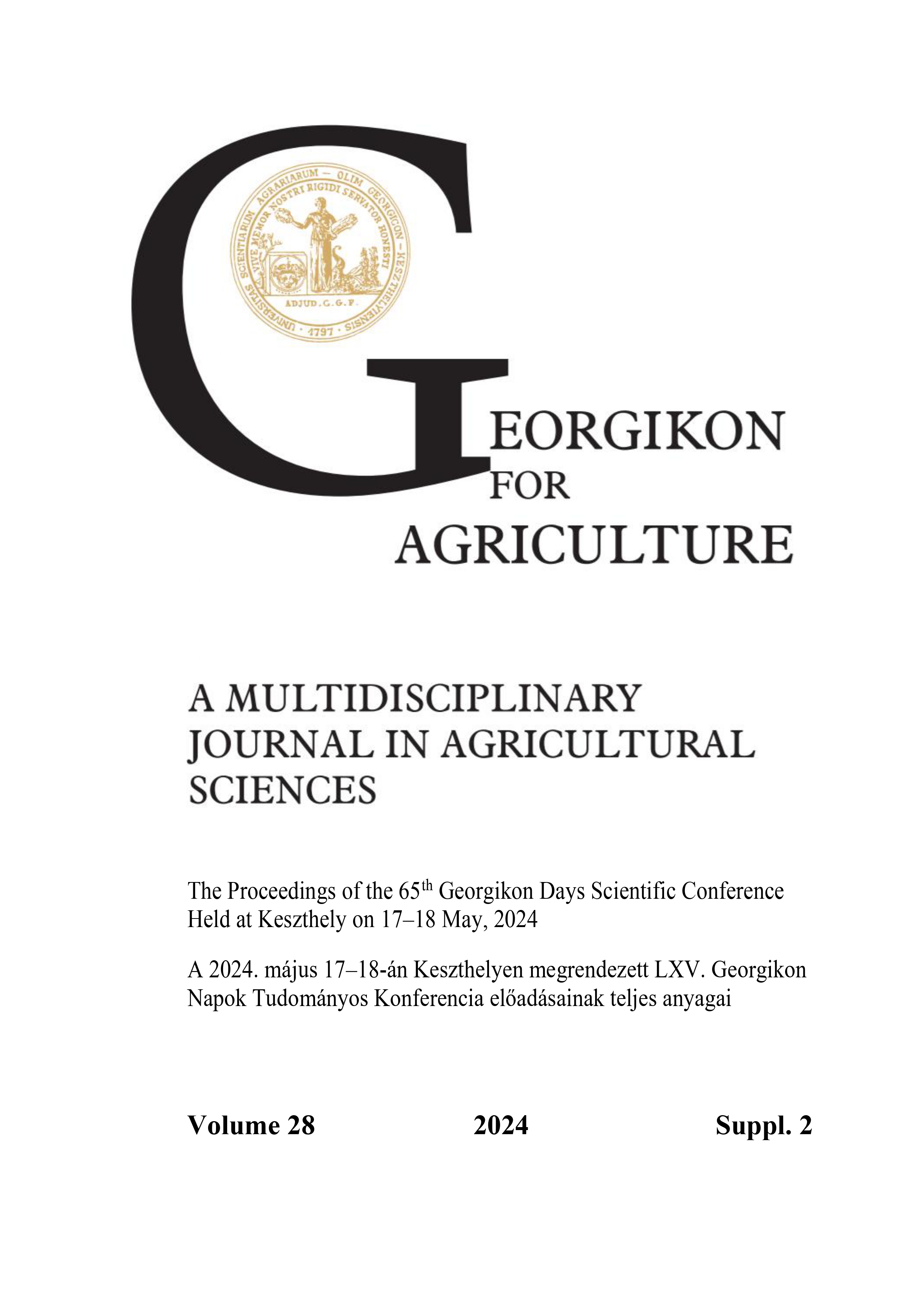Natural Swimmingpools
Keywords:
natural swimming pools, clean water by plants, health- and environmental protectionAbstract
Modern landscape research examines the current potential of the landscape from the point of view of the adequacy of future landscape utilization. This research can be particularly important and useful in environmentally sensitive areas where human presence/tourism causes significant changes through its effects on the environment. In Germany, which has the same conditions as the region West-Transdanubia, are already more than 100 chlorine-free, biologically cleaned eco-beaches and in Austria also. For these pools are cleaning the water plants, instead of harmful chemicals. In order to ensure and maintain adequate hygienic conditions, most swimming pools, commercial accommodation, beaches water is full of chemicals, mainly chlorine, which irritate the eyes and skin, and also pollute the surrounding soil and plants.
References
Dr. Borszéki B. Gy. 1998. Ásványvizek, gyógyvizek pp. 42–43. pp. 53–57. MÉTE Kiadó.
Dávid L., Jancsik A., Rátz T. 2007. Turisztikai erőforrások pp. 5–76. Perfekt Zrt, Budapest.
Hahn H., Kagelmann H. J. Tourismuspsychologie und Tourismussoziologie Quitessenz Verlags-GmbH, S. pp. 155–160.
Hopkins W. G., Hüner N. P. A. 2009. Introduction to Plant Physiology. 242. p.
Horst W. Opaschowski. 2021. Das Gekaufte Paradies: Tourismus im 21. Jahrhundert
Keveiné Bárány I. 2015. Ökozónák a Földön. JATEPress, Szeged. https://acta.bibl.u-szeged.hu/45348/1/ft_008.pdf
Lengyel M. 2005. A turizmus általános elmélete. Heller Farkas Gazdasági és Turisztikai Szolgáltatások Főiskolája, Budapest, pp. 42–64.
Magda R., Marsalek S. 2010. Vidékgazdaságtan II. Szaktudás Kiadó Ház
Pechlaner H. 2005. Risiko und Gefahr im Tourismus: Erfolgreicher Umgang mit Krisen und Strukturbrüchen, Erich Schmidt Verlag, pp. 293–300.
Puckó L., Rátz T. 1998. A turizmus hatásai; Aula, Budapest. pp. 17–70.
Sajtos L., Mitev A. 2007. SPSS Kutatási és Adatelemzési kézikönyv, Research International pp. 137–145.
Vester H-G. 1999. Tourismustheorie:Tourismussoziologie, München: Quintessenz,1993. pp. 37–61.
Weiermair P., Pechlaner K. P. 2008. Unternehmertum im Tourismus, Führen mit Erneuerungen, Erich Schmidt Verlag ISBN 978 3 503 10662 2, pp. 75–94.
Wöhler K. 1993. Informationsverhalten
https://www.aquapond.hu/biomedencek-es-furdotavak/
https://termalonline.hu/gyogykezelesek/iszapkezeles-mikor-alkalmazhato
http://www.ksh.hu/docs/hun/xftp/stattukor/haztfogy/haztfogyhavi1306m.pdf
https://mtu.gov.hu/cikkek/a-turizmus-eredmenyei-magyarorszagon
https://www.ksh.hu/docs/hun/xstadat/xstadat_eves/i_oga018.html
Downloads
Published
Issue
Section
License
Copyright (c) 2024 Dóra Horváth, Angéla Anda

This work is licensed under a Creative Commons Attribution-NonCommercial-NoDerivatives 4.0 International License.
Cikkre a Creative Commons 4.0 standard licenc alábbi típusa vonatkozik: CC-BY-NC-ND-4.0. Ennek értelmében a mű szabadon másolható, terjeszthető, bemutatható és előadható, azonban nem használható fel kereskedelmi célokra (NC), továbbá nem módosítható és nem készíthető belőle átdolgozás, származékos mű (ND). A licenc alapján a szerző vagy a jogosult által meghatározott módon fel kell tüntetni a szerző nevét és a szerzői mű címét (BY).




